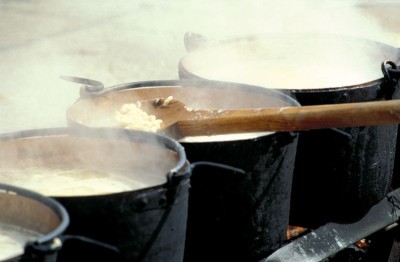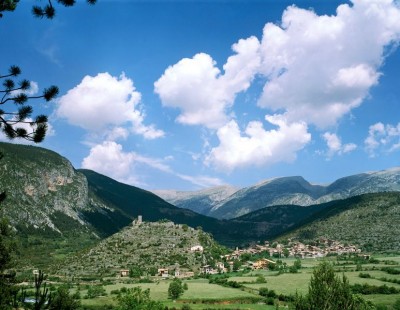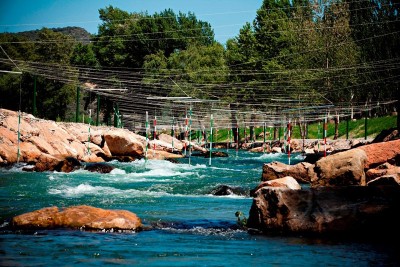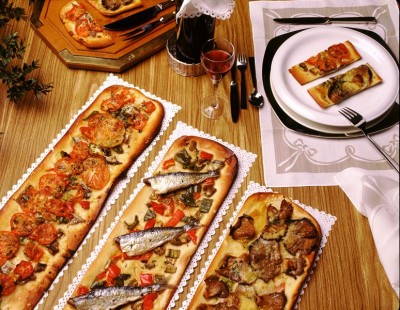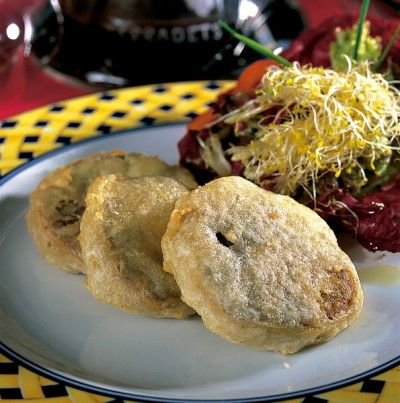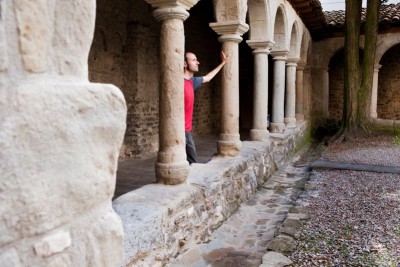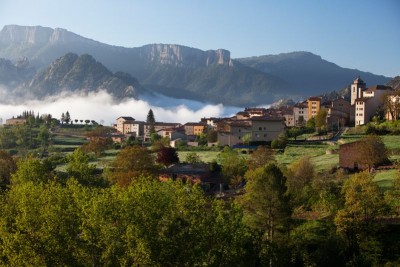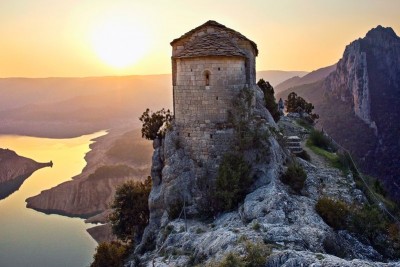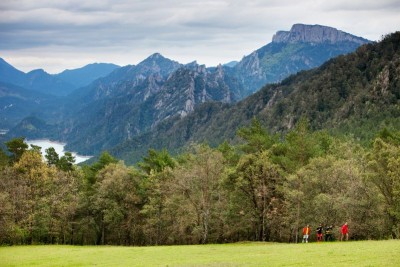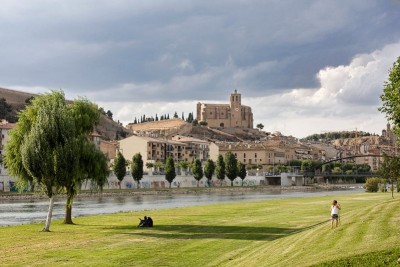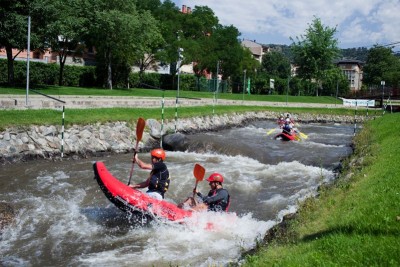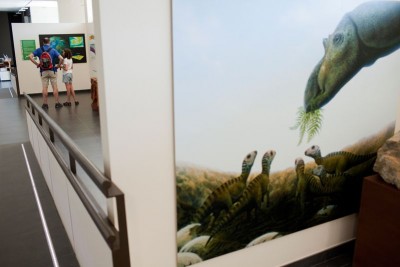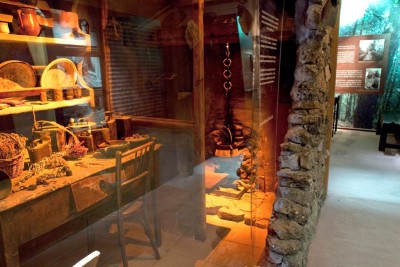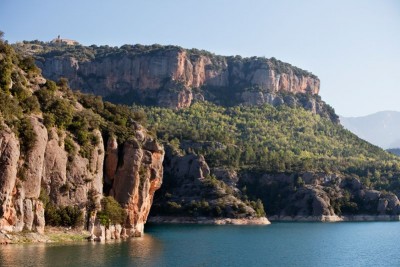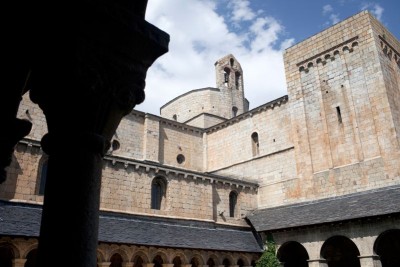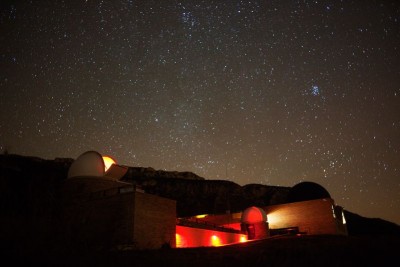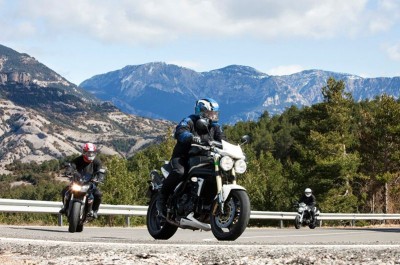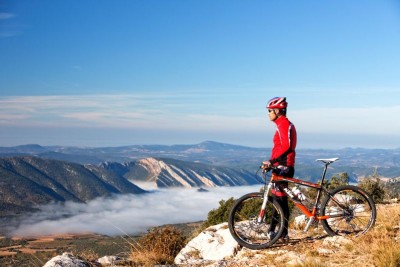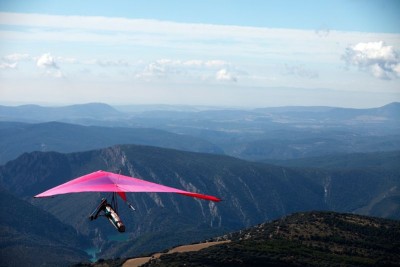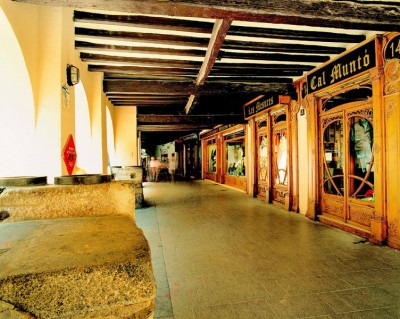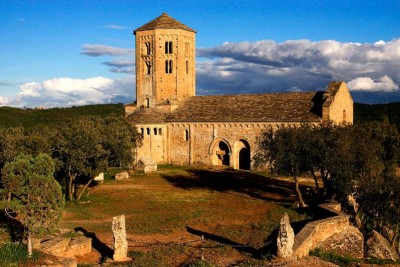The route through the interior - 220.00 Km -

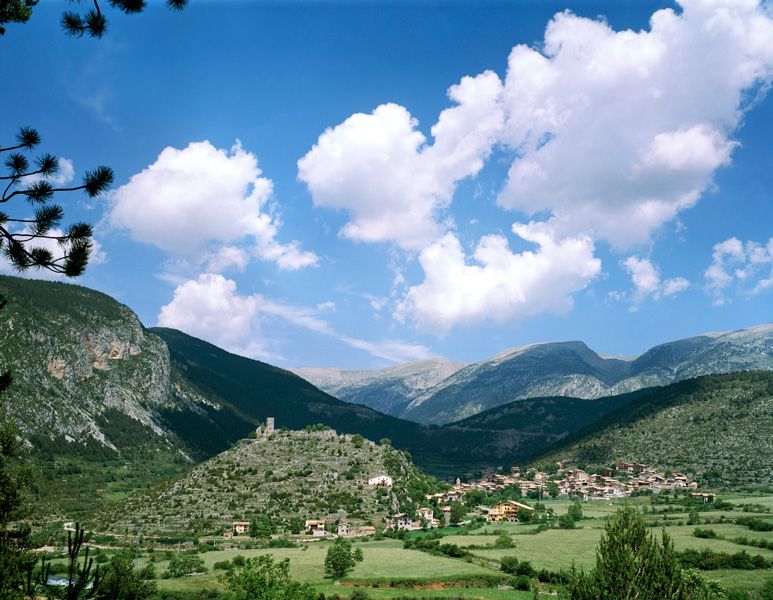
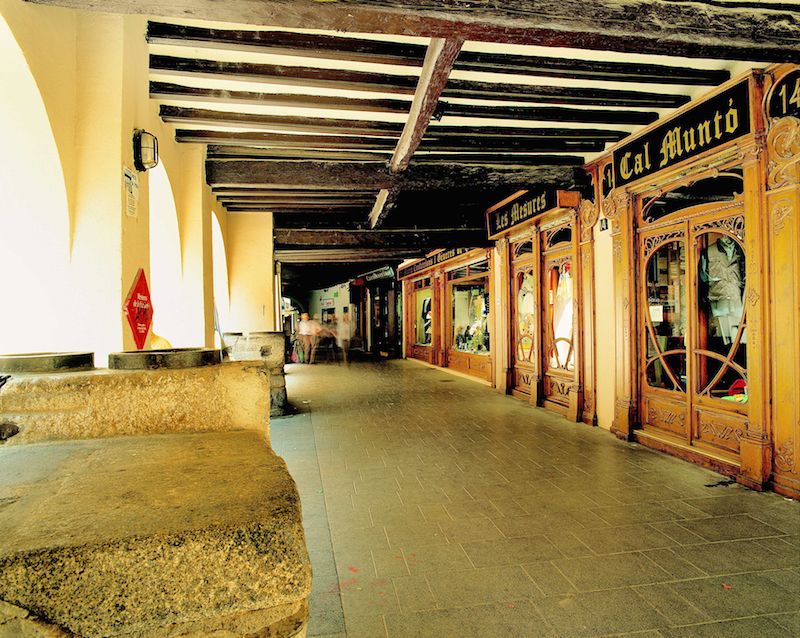 La Seu d'Urgell is a town of around 12,000 inhabitants which is located in the heart of the Catalan Pyrenees. It is the capital of L'Alt Urgell, the seat of the Bishopric of Urgell, and – back in the Middle Ages – had been the most important settlement in the territory controlled by the Counts of Urgell. The most outstanding of its tourist attractions are its cathedral, which is the only Romanesque-style cathedral in Catalonia, and the El Segre Olympic Park, which was used for water sports in the Barcelona Olympic Games. The town stands at the confluence of the rivers Segre and Valira and L'Alt Urgell is also the gateway to the tiny mountain state of Andorra. In fact, the proximity of La Seu d’Urgell to Andorra and its economic activity largely explains the town’s current importance within a larger area that includes L'Alt Pirineu (High Pyrenees) and Aran.
La Seu d'Urgell is a town of around 12,000 inhabitants which is located in the heart of the Catalan Pyrenees. It is the capital of L'Alt Urgell, the seat of the Bishopric of Urgell, and – back in the Middle Ages – had been the most important settlement in the territory controlled by the Counts of Urgell. The most outstanding of its tourist attractions are its cathedral, which is the only Romanesque-style cathedral in Catalonia, and the El Segre Olympic Park, which was used for water sports in the Barcelona Olympic Games. The town stands at the confluence of the rivers Segre and Valira and L'Alt Urgell is also the gateway to the tiny mountain state of Andorra. In fact, the proximity of La Seu d’Urgell to Andorra and its economic activity largely explains the town’s current importance within a larger area that includes L'Alt Pirineu (High Pyrenees) and Aran.
La Seu d’Urgell has a number of establishments that are already well-known to motorcycle tourists. You will find all the best options available on our website
Without leaving the N-260, continue for another 5 km and then follow the C-14 for about 25 km. This is a really nice route, with gentle curves, which follows the River Segre before it flows into the Oliana Reservoir. It is precisely at this point that you will find Coll de Nargó (L'Alt Urgell), whose main attractions are the Romanesque church of Sant Climent and the "Dinosphere" Palaeontology Centre, where it is possible to embark upon a 70 million year journey back in time to discover how the dinosaurs used to reproduce.

Just before this village, turn off to the left and follow the L-401. This road leads first to Alinyà and then to Llinars, via the Coll de Boix pass, before going on to Sant Llorenç de Morunys, via the Coll de Jou. Sant Llorenç de Morunys is pleasant village which still conserves the five entrance gates to its historic walled enclosure. A provisional space also houses the Museum of the Vall de Lord, which is located next to the magnificent cloister of the monastery of Sant Llorenç de Morunys. It is then back to the road for a further 52 km of climbs and descents, reaching a maximum altitude of 1,509 metres and with numerous bends and panoramic views along the way. The easternmost part of the municipal territory of Sant Llorenç is occupied by the waters of the Llosa de Cavall Reservoir. From its dam, you should follow the River Cardener downstream. After that, 22 km of very straight, local road will take you to Solsona.
Solsona, which has a population of 9,300, is the capital of the comarca of El Solsonès and also its economic motor. The town is famed for its monumental and artistic riches, whose most outstanding elements are its: Gothic cathedral; prestigious, Diocesan and Local District Museum (housed in its Episcopal Palace); renaissance-style town hall; Art Nouveau-style buildings; sgraffito murals; ice well; Centre for Interpreting the Tourist Appeal of El Solsonès; and reconstruction of a knife-making workshop. Other interesting features are its town walls, alleys, springs, squares and town gates. Solsona is also famed for its colourful festivities, which include its Main Festival and Carnival, and for noisy traditions associated with its blunderbuss bearers. Leave this local capital by the C-451 and then drive for about 25 km along a relatively straight, mountain road until you reach La Segarra. When you reach Biosca - a village overlooked by the remains of a medieval castle - you should turn off to your right and follow the C-1412a for 19 km until you reach Ponts.

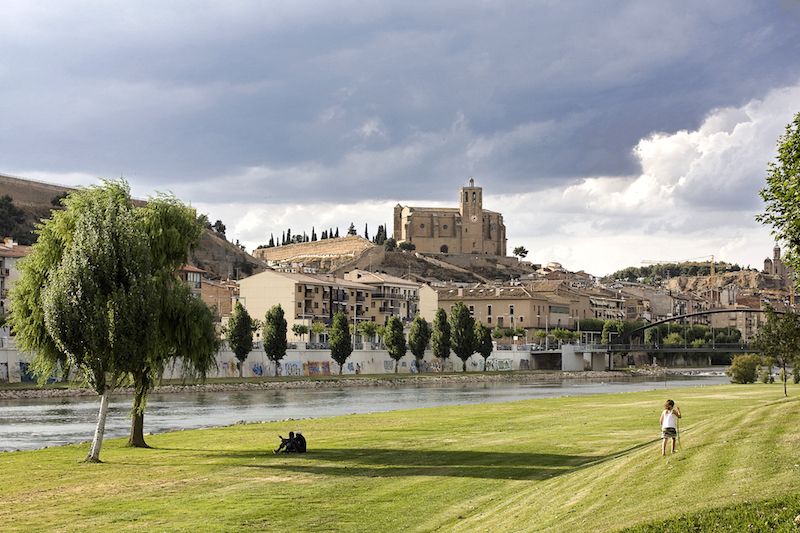 Balaguer, which is the capital of La Noguera, has around 17,000 inhabitants and is the second largest settlement in Lleida province. Its most outstanding attractions include: the Gothic-style church of Santa Maria; the shrine to the Holy Christ; the convent of Sant Domènec; and what was once the female monastery of Santa Maria de les Franqueses. As well as these religious buildings, its historic centre offers a number of other interesting features, such as: the emblematic Plaça del Mercadel square; the remains of Formós Castle; the town’s Gothic walls; the (archaeological) Museum of La Noguera; and the rather curious Centre for Interpreting the Gold of the River Segre. It is possible to visit all of these spaces as you are pass through the town and to obtain a fascinating insight into the history of Balaguer before you take the C-12. This fast road, which runs through a dry, but pleasant, environment will then take you on a 33 km ride to the Àger valley.
Balaguer, which is the capital of La Noguera, has around 17,000 inhabitants and is the second largest settlement in Lleida province. Its most outstanding attractions include: the Gothic-style church of Santa Maria; the shrine to the Holy Christ; the convent of Sant Domènec; and what was once the female monastery of Santa Maria de les Franqueses. As well as these religious buildings, its historic centre offers a number of other interesting features, such as: the emblematic Plaça del Mercadel square; the remains of Formós Castle; the town’s Gothic walls; the (archaeological) Museum of La Noguera; and the rather curious Centre for Interpreting the Gold of the River Segre. It is possible to visit all of these spaces as you are pass through the town and to obtain a fascinating insight into the history of Balaguer before you take the C-12. This fast road, which runs through a dry, but pleasant, environment will then take you on a 33 km ride to the Àger valley.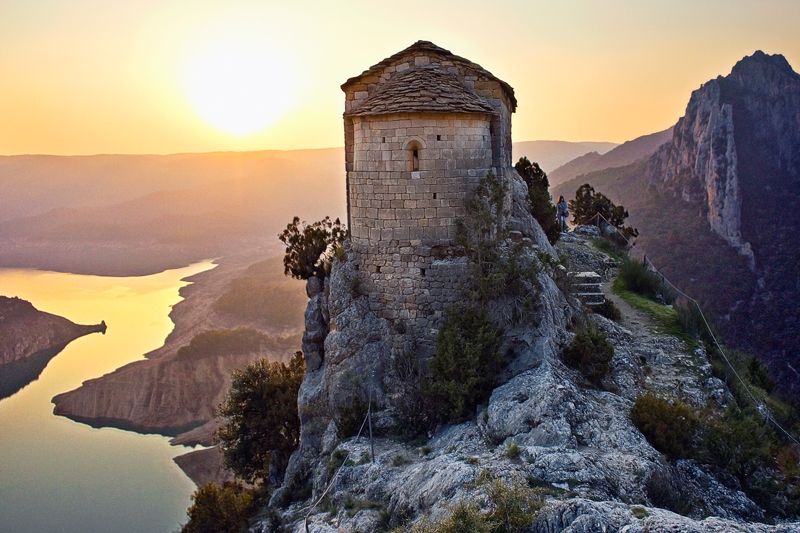 Àger is a village and municipal area in the comarca of La Noguera which is physically bordered by the rivers Noguera Pallaresa and Noguera Ribagorçana. The most significant attraction of this village is its valuable monumental ensemble, which includes the recently restored collegiate church and castle of Sant Pere, which is an excellent example of Romanesque and neo-Gothic-style architecture. The village stands at the foot of the imposing Serra del Montsec, which bikers will find a relaxing natural setting. Here, it is possible for visitors to complement their stay by indulging in a few adventure sports (in fact, Àger is considered the Catalan "capital" of aerial sports such as paragliding and hang-gliding). On the other hand, just a few kilometres from the village, you will find the Centre for Observing the Universe (COU), at whose modern installations visitors can enjoy a number of pedagogical and leisure activities. You only need to decide what you want to do; you will not be short of options. Even so, you will probably have had a long day and may not have much energy left to do too much more on the same day.
Àger is a village and municipal area in the comarca of La Noguera which is physically bordered by the rivers Noguera Pallaresa and Noguera Ribagorçana. The most significant attraction of this village is its valuable monumental ensemble, which includes the recently restored collegiate church and castle of Sant Pere, which is an excellent example of Romanesque and neo-Gothic-style architecture. The village stands at the foot of the imposing Serra del Montsec, which bikers will find a relaxing natural setting. Here, it is possible for visitors to complement their stay by indulging in a few adventure sports (in fact, Àger is considered the Catalan "capital" of aerial sports such as paragliding and hang-gliding). On the other hand, just a few kilometres from the village, you will find the Centre for Observing the Universe (COU), at whose modern installations visitors can enjoy a number of pedagogical and leisure activities. You only need to decide what you want to do; you will not be short of options. Even so, you will probably have had a long day and may not have much energy left to do too much more on the same day.
